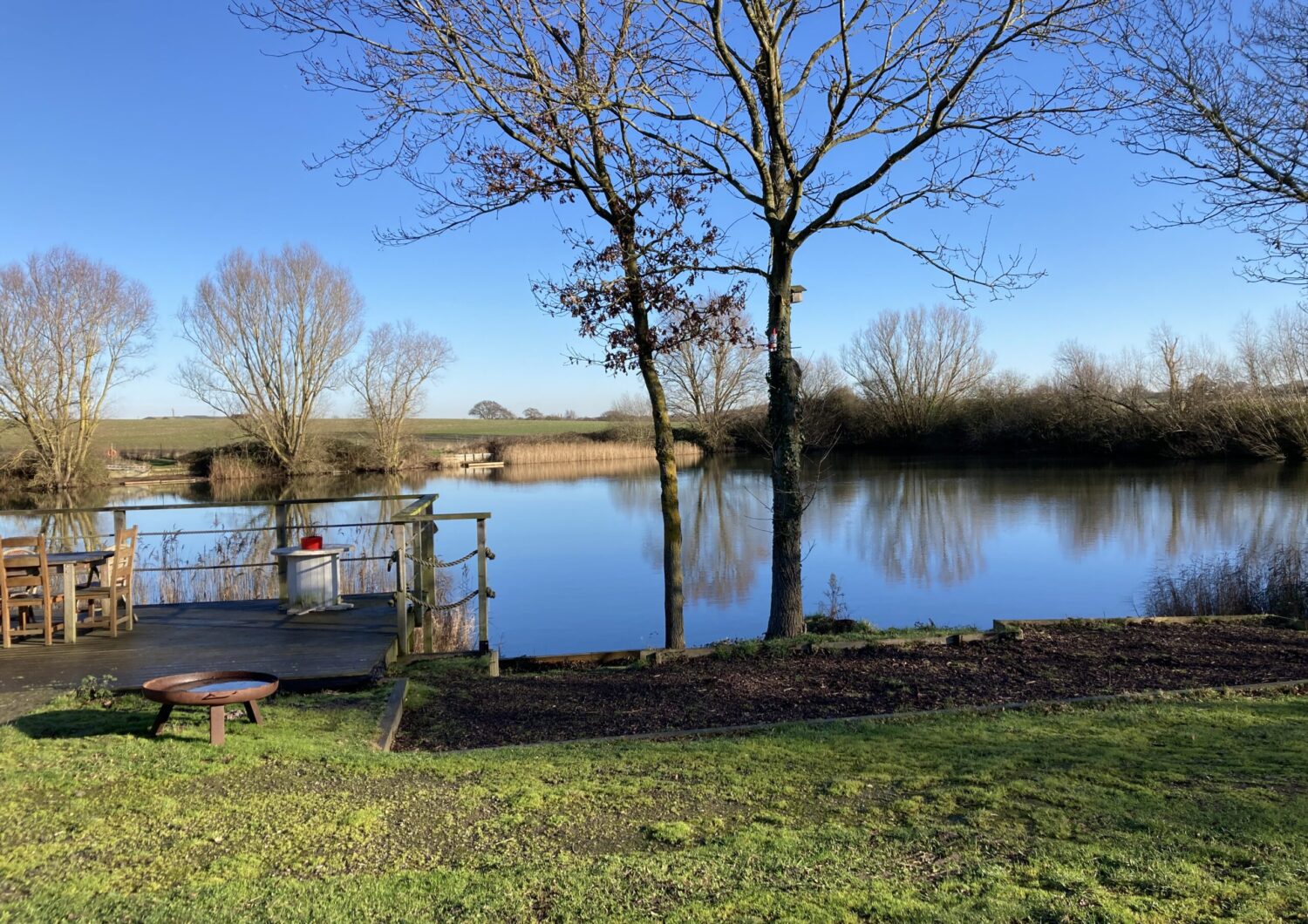
A fishing programme for people experiencing mental health conditions including post-traumatic stress disorder (PTSD) and depression has been highly commended in a national awards scheme.
iCARP community interest company offers a tailored angling programme, which has benefited people who have used several services run by Essex Partnership University NHS Foundation Trust (EPUT).
These include armed forces veterans under the care of the Op COURAGE specialist mental health service, migrants and refugees supported by the Special Allocation Service, and people who have received care from the Colchester and Tendring community specialist mental health teams.
The programme was highly commended in the category of Innovation in Community Mental Health in the Positive Practice in Mental Health Awards, which were held on Thursday 19 June.
iCARP’s fishing programme breaks down barriers for these people who may find it more difficult to open up in traditional therapy sessions, complementing the therapeutic work and engagement provided by EPUT teams.
It uses angling as a way to help people relax and learn a new skill, at the same time providing a supportive and safe space for them to talk to qualified coaches and other participants about their mental health.
More than 1,000 people attended iCARP’s programmes in 2024, many of whom were people who use EPUT’s services.
And 95% of iCARP’s coaches are people who have benefited from the fishing programme themselves for mental health challenges.
iCARP is working on a number of projects, including an extensive research project in conjunction with the University of Essex to explore the potential for angling to be prescribed in the future to help police officers, paramedics, firefighters, and coastguard rescue officers deal with trauma.
The research is being funded by the National Institute for Health and Care Research and the ultimate goal is to have angling available on social prescription.
iCARP is based in Great Oakley and was jointly founded by chartered psychologist Dr Mark Wheeler and cognitive neuroscientist Dr Nick Cooper.